Written & Directed by Ben S. Hyland
Produced Adam Gregory Smith
Pauline and Barry are a seemingly happily married middle-aged couple. That is until Pauline tunes into relationship hour on Talk Radio and thinks she recognizes the nameless voice that's relaying a lifetime of regrets live on the radio.
READ OUR INTERVIEW WITH BEN
Welcome back to our Short of the Week series. What have you been up to since the last time we featured your film Quiet Carriage?
I've mainly been writing. Trying to flex that muscle as much as possible. The idea is moving towards a feature film so I've been developing a couple of ideas with my producing partner, Adam Smith. Having said that, I've just wrapped a short called BLEEP, which has already had a couple of selections on the circuit and I'm shooting another short called The Snip in September/October.
What inspired you to make Talk Radio?
The seed of the idea came from listening to late night/early morning Talk Radio. You get some really weird and wonderful characters coming out of the woodwork. I just had the idea that it would be funny if I heard a voice i recognised which is a basic premise of the film. So that was the framework from which I built the story.
What obstacles did you overcome while in the making of this film?
I think the biggest thing was the speed of the shoot. It was a one day thing. We had to be done by 4pm because of Julia's availability and that was quite challenging. Luckily we were able to access the location the night before and do some set dressing. I think without that we might have struggled.
Tell us about the journey of getting your film to audiences.
I suppose after the success of Quiet Carriage we had an idea of how to navigate the festival circuit. We changed strategy and went from volume to really specific fests. Targeting the BAFTA/BIFA/OSCAR fests as a priority. We had a good run but it was mainly online as the film was released during lockdown. After the festival run we submitted to Omeleto and was selected for that platform so managed to reach quite a large audience from that.
Once again, you have another hit on your hands. You always seem to have tremendous success in the festival circuit. How much rejection does it take to actually make any headway with festivals and what advice would you give to filmmakers burnt out on the festival circuit?
It does feel a little bit like you're throwing shit at the wall to see what sticks. Talk Radio wasn't my first film so I had a clearer idea where it might fit. That's always the hardest part I think. Knowing that some festivals really like a comedy to break up all the drama and also having relationships with festivals so they want you to submit your next film. It's never a guarantee and of course you don't want to restrict yourself to festivals that you feel safe entering. I suppose it's more about knowing which festivals to not enter and trying to be honest with where the film you've made sits on that spectrum. That will mean some rejection along the way but I no longer worry about that side of things. Someone didn't like my film and I just move on.
You've also come on board as a programmer at the Kino London Short Film Festival. How has programming short films affected your own filmmaking?
I enjoy watching shorts and being part of the programming for Kino. It's fun to see what else is out there and it can be inspiring when you connect with a filmmaker's work. I think as a filmmaker you will always benefit by watching films. It stands to reason and is probably a really obvious thing to say but if you want to make shorts then it makes sense to watch as many as you can. They're a different beast to longer form formats. You can easily identify what you think works, maybe on occasion what doesn't work and transfer those observations across. I for one feel like I'm a better filmmaker for watching more shorts.
What do you think is the biggest challenge short filmmakers face trying to break into the industry?
I suppose it depends on the definition of breaking in and ultimately the definition of success. It's absolutely okay to make films for the love of making them with no end goal. It doesn't have to be a route to TV or features. The biggest challenge that seems to remain regardless of the level is money and getting something made at all. Finding people that will back you whether that's financially or with their time is important.
Any film recommendations that we should add to our watchlist?
I'm going to be watching the shorts at Frightfest so hoping to find some gold there.
